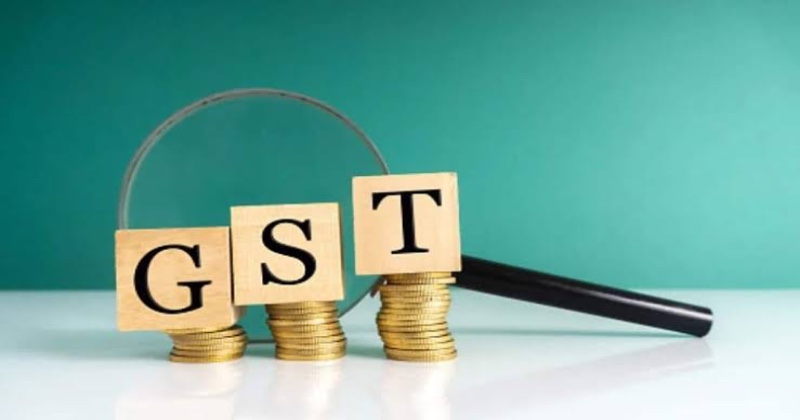
During the latest meeting of the GST Council, several key decisions were made regarding taxation on specific products. Notably, millet flour will not be subject to the Goods and Services Tax (GST) when sold loose but will incur a 5% tax when sold in prepackaged and labeled form. The Union Finance Minister, Nirmala Sitharaman, confirmed this arrangement.
Additionally, Extra Neutral Alcohol (ENA), often used in the production of liquor, will be exempt from the GST. The GST law committee will assess necessary changes to exclude it from the GST ambit. However, ENA utilized for industrial purposes will still be subject to an 18% GST.
A significant reduction was made in the GST on molasses, dropping it from 28% to 5%. This adjustment is expected to improve liquidity for mills and expedite the settlement of dues to sugarcane farmers. The Council also decided not to impose GST on ENA supplied to alcohol manufacturers. Furthermore, clarity was provided regarding the GST rate for job work converting barley to malt, which will be at 5% rather than 18%.
These decisions are expected to benefit various industries, including the liquor and sugar sectors. Pratik Jain, a Partner at PWC, emphasized the relief these changes would bring to the industry and health-conscious individuals, particularly the reduction in GST on millet-based flour.
In a move to support maritime trade and encourage the use of coastal routes, the Council recommended modifications for foreign-going vessels. Previously, such vessels converting to coastal runs were liable to pay a 5% Integrated GST (IGST) on their value. Now, conditional IGST exemption has been granted to foreign flag, foreign-going vessels that convert to coastal runs, provided they revert to foreign-going status within six months. The Council also clarified that imitation zari thread will have a 5% GST rate. These decisions represent important changes in taxation that aim to streamline the system and benefit various sectors of the economy.

Post Your Comments